News
- Main
- /
- Press-Center
- /
- News
- /
- BioVitrum held a series of seminars on laser light scattering technology in clinical microbiology
BioVitrum held a series of seminars on laser light scattering technology in clinical microbiology
On the 29th of February and 24th of March, 2016 BioVitrum held a series of seminars entitled "The technology of laser light scattering in clinical microbiology: a practical experience of Russian and foreign laboratories". The seminars were in two federal cities: Moscow and St. Petersburg.
In February, the seminar was held in Alifax Moscow office – company, specializing in fully automated systems for rapid bacteriological seeding, determination the residual antimicrobial activity, antibiotic susceptibility and plating in the Petri dishes, which eventually enables standardization of research and traceability of samples. For participation in the event were invited the heads of government institutes: members of the Russian Federation Health Department, as well as the heads of private laboratories.
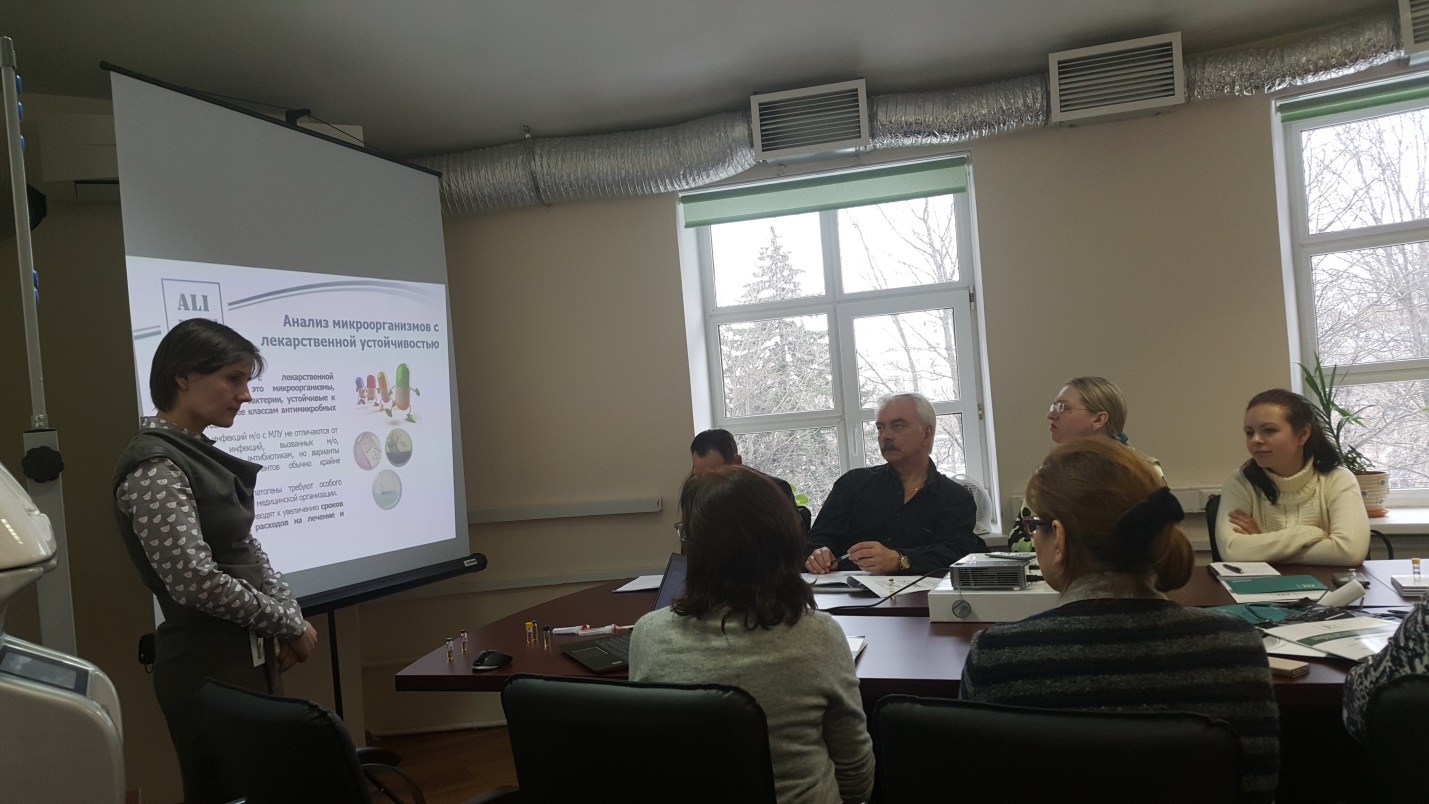

In St. Petersburg, the seminar was held in BioVitrum office. The event united more than 30 microbiologists of St. Petersburg and Leningrad region. For participation in the seminar was invited a special guest — Dinara Gilyazova, CEO of Alifax offices in Russia (Moscow).
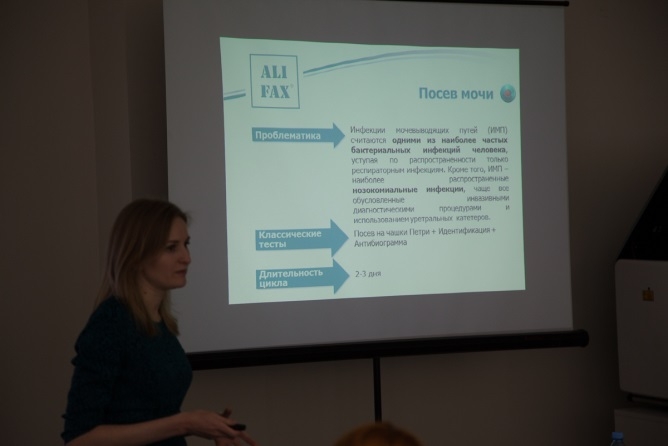
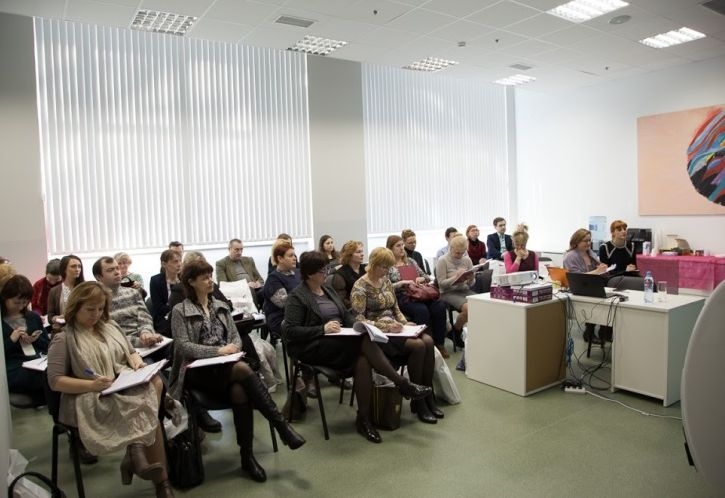
The seminars program consisted of the following issues:
- Alifax technology for rapid bacteriological analysis: theory and possible clinical devices;
- Bacteriological analyzer HB&L Light use, by the experience of the Regional Children Clinical Hospital №1 (Yekaterinburg) and the Central Research Institute of Epidemiology (Moscow) laboratories: urine culture and the residual antimicrobial activity of the samples;
- Bacteriological analyzer Alfred 60 use by the experience of the Pisa University hospital laboratory (Italy): urine culture and fast antibiogram of positive blood cultures.
During the seminar for participants was demonstrated the Alifax bacteriological analyzer. The algorithm of studies was performed in detail, which clearly showed all the analyzer benefits and ease of use.
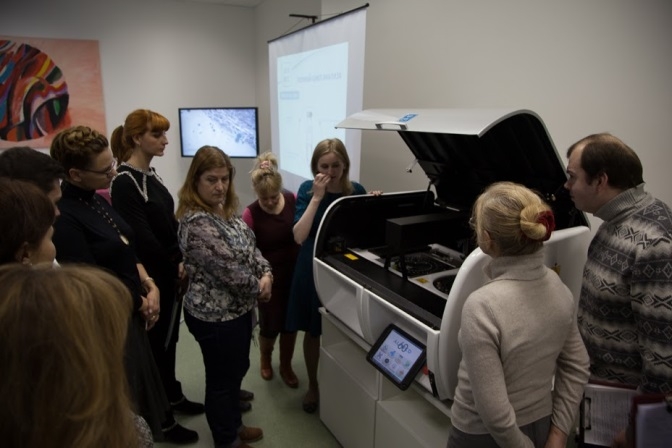
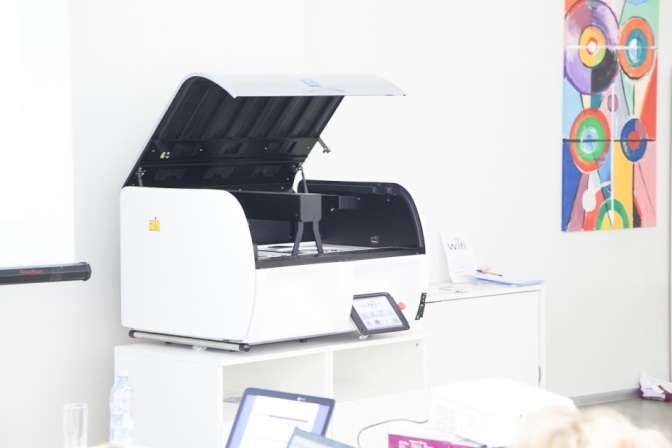
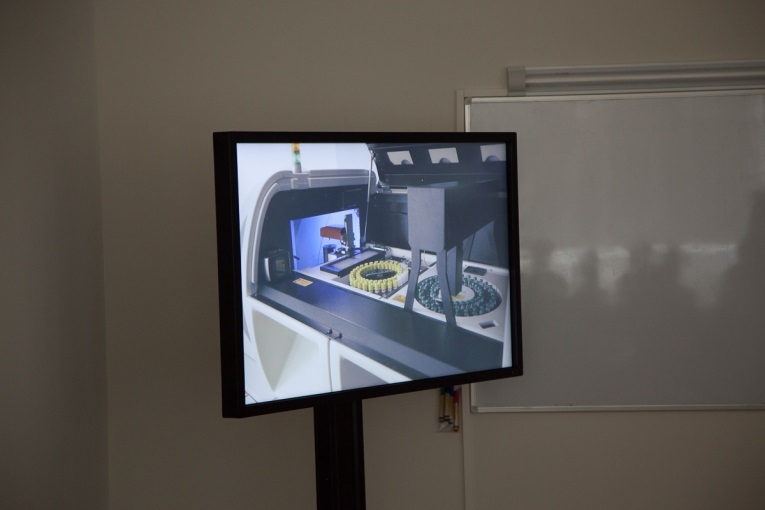
The final part of the seminars was devoted to the discussion of questions and exchange of opinions and experiences of participants.
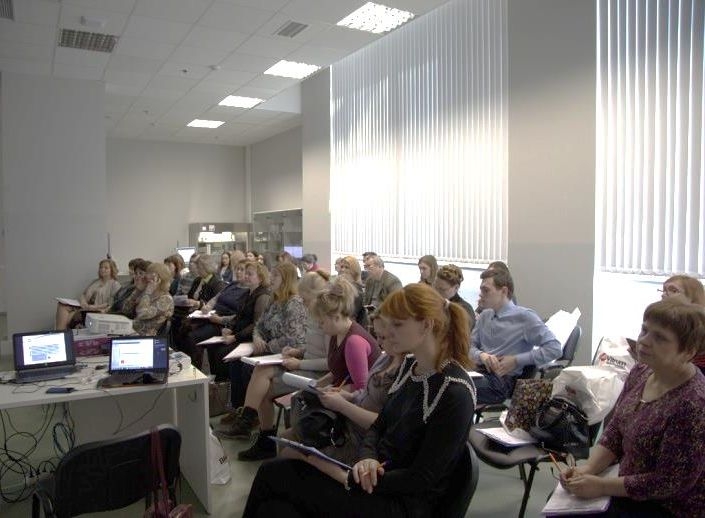
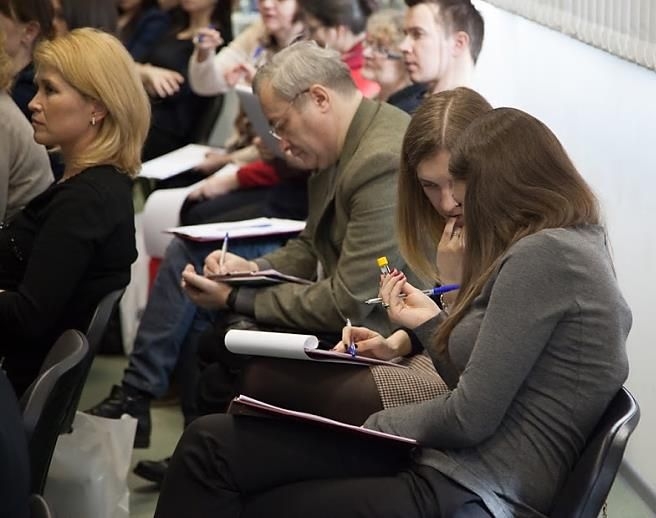
According to the experts who participated in the event, the seminar helped them clearly understand the advantages and convenience of using bacteriological analyzer Alifax. They were able to discuss current issues on the application and implementation of these technologies on the basis of Russian laboratories.










